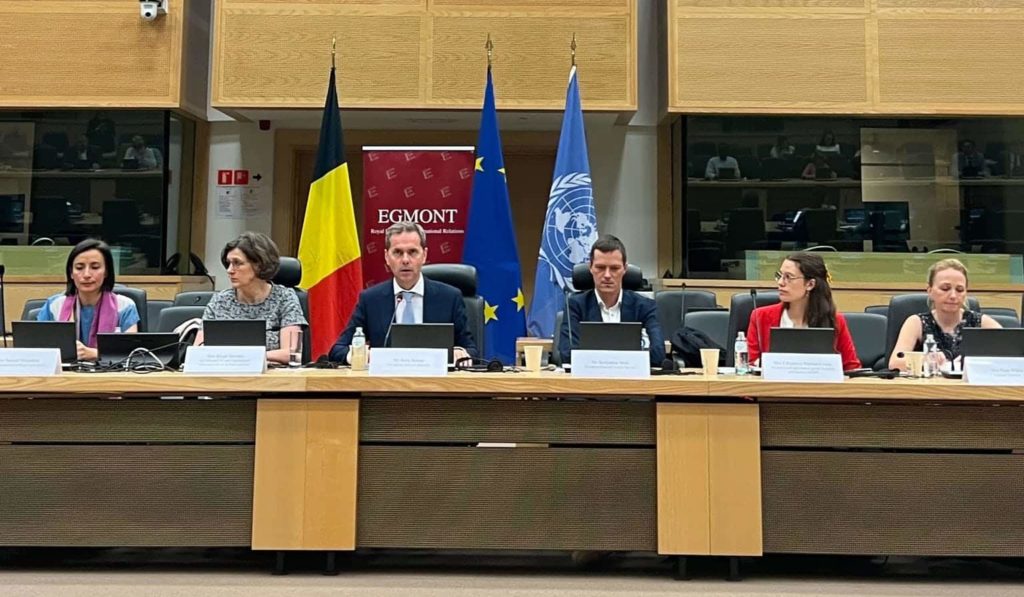The launch of United Nations peacekeeping 75 years ago was an important milestone in shaping the role of multilateralism in support of peace and security. The core principles and ambitions underpinning UN peacekeeping missions were met with hope and optimism; UN Peacekeepers were awarded the Nobel Peace prize in 1988. Since then, the changing nature of conflicts and new threats have put UN peacekeeping missions to the test. Peacekeepers are now witnessing the consequences of climate change, violent extremism and transnational illicit networks, to name a few. With a UN Security Council that appears more polarized than ever, UN peacekeeping missions are experiencing increasing difficulties to fulfill the fundamental objectives they were created for.
In such a landscape, disinformation/misinformation and distorted and misleading perception further complicate the task of UN peacekeepers. What good practices can be applied to better tackle this challenge? Are peacekeeping missions sufficiently trained and supported to address the challenge? How has UN Action for Peacekeeping commitments, and Action for Peacekeeping plus (A4P+) assisted the UN Secretariat and Member States to address this challenge? As the Council Conclusions of January 2022 (“Taking the UN-EU strategic partnership on peace operations and crisis management to the next level: priorities 2022-2024”) identified misinformation as a new and emerging threat, how to strengthen the cooperation between the UN and the EU on this important topic?
PANEL
- Ms Naomi MIYASHITA, UN Department of Peace Operations
- Mr Benjamin MOLS, European External Action Service
- Mr Bernard SIMAN, Egmont Institute
- Ms Clémence BUCHET-COUZY, Groupe de Recherche et d’Information sur la Paix et la Sécurité
